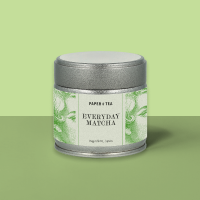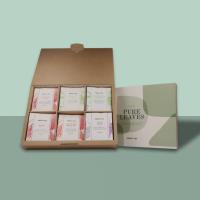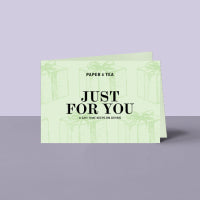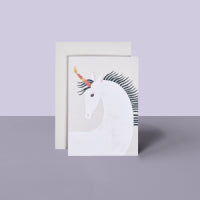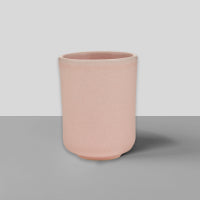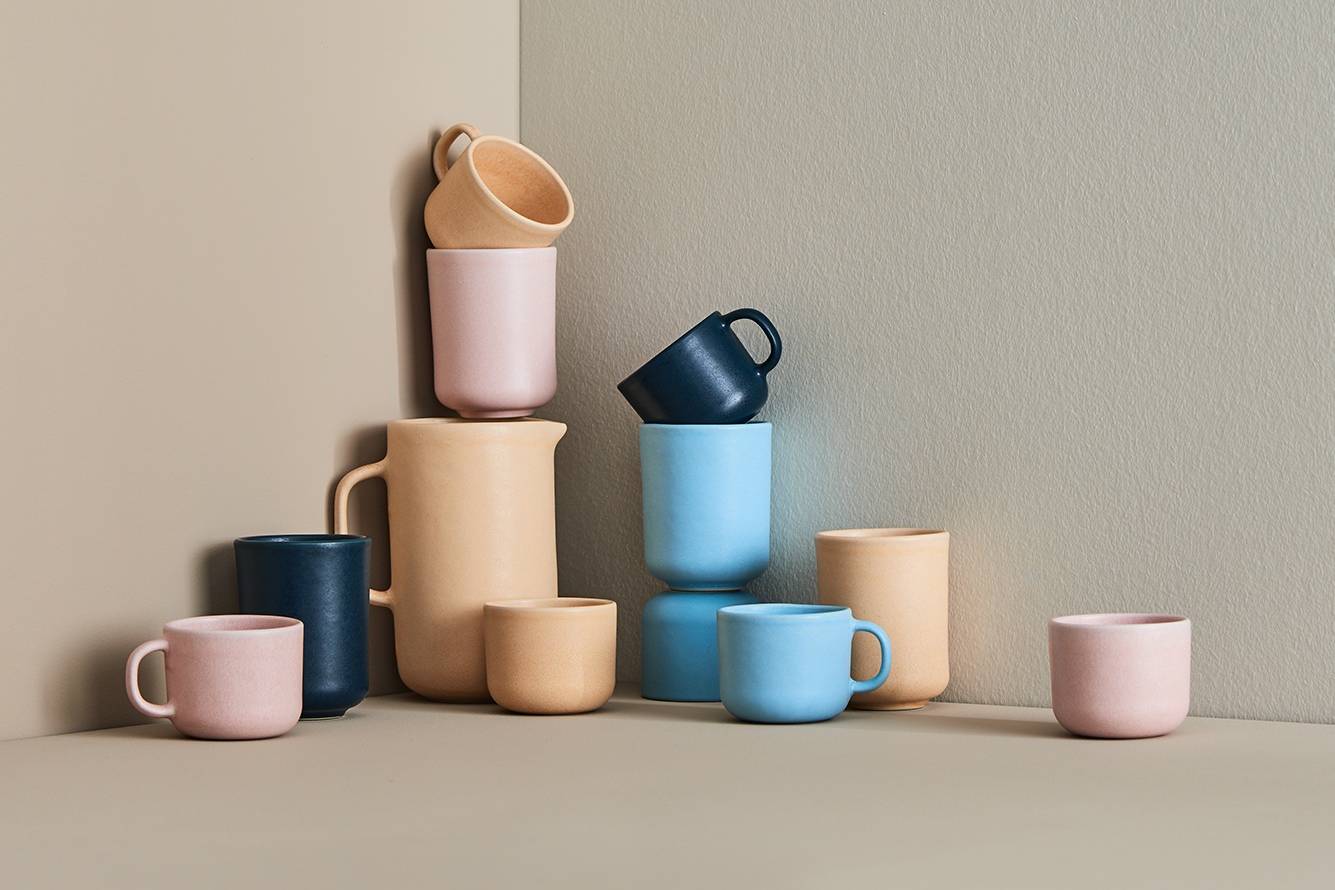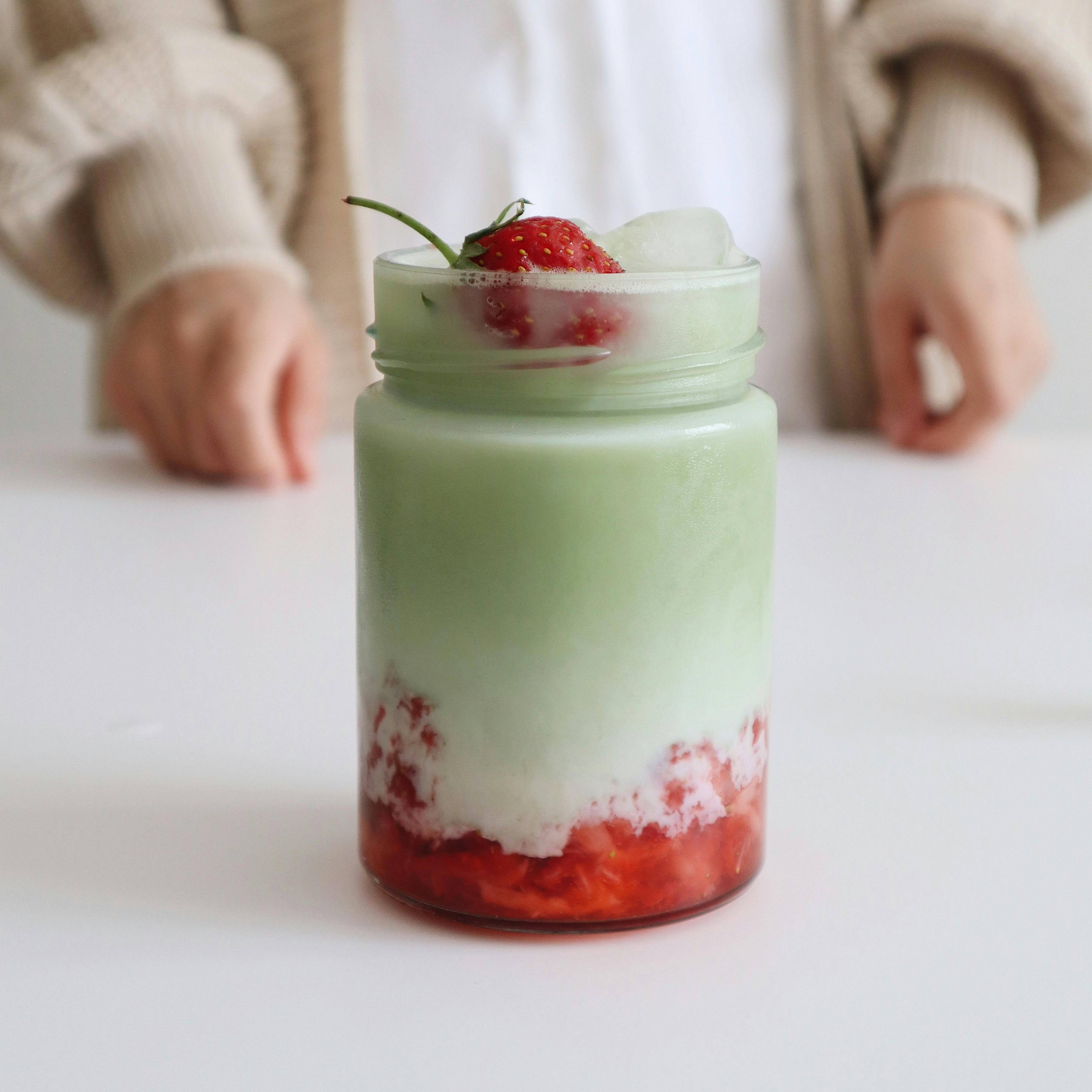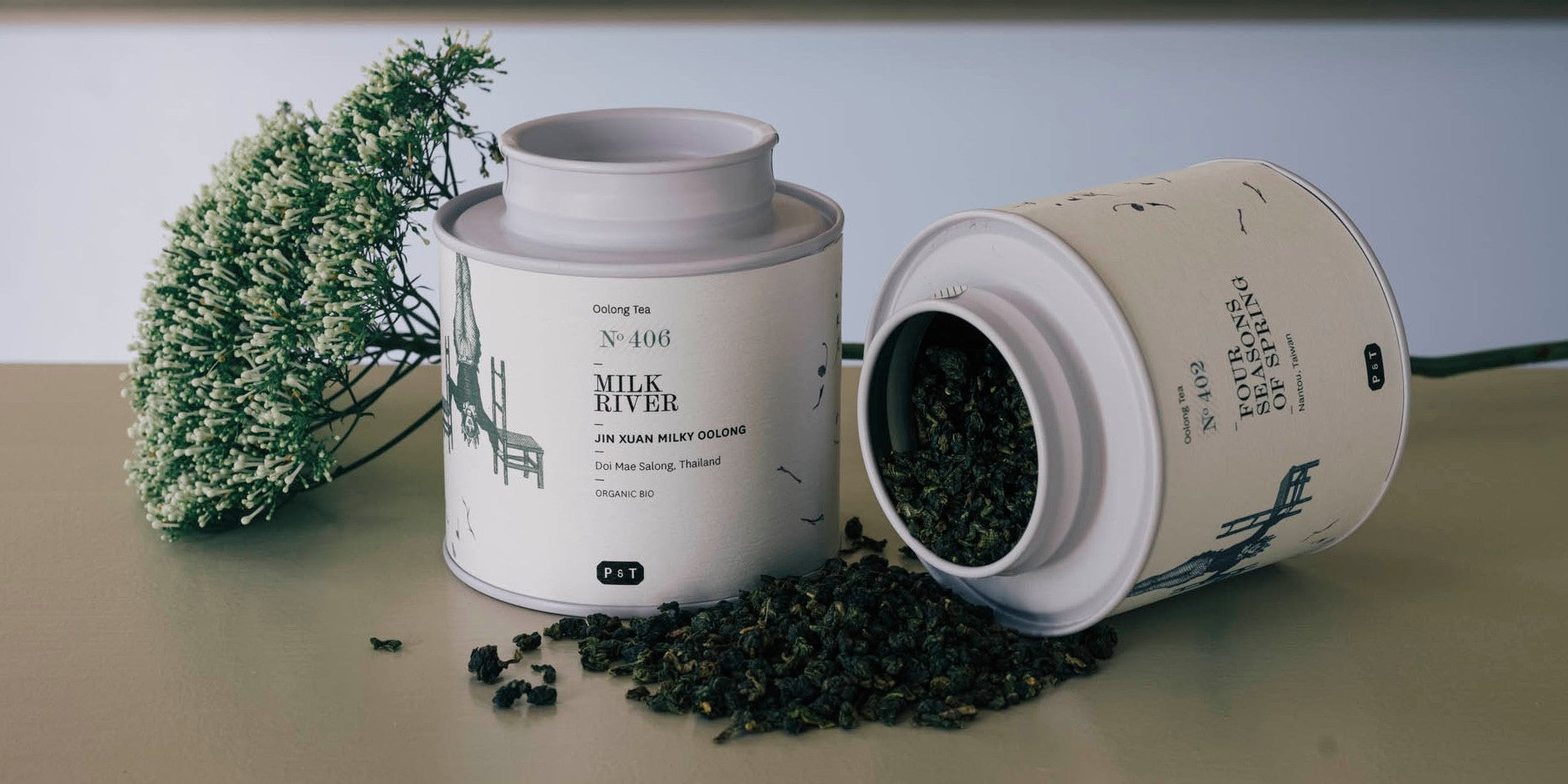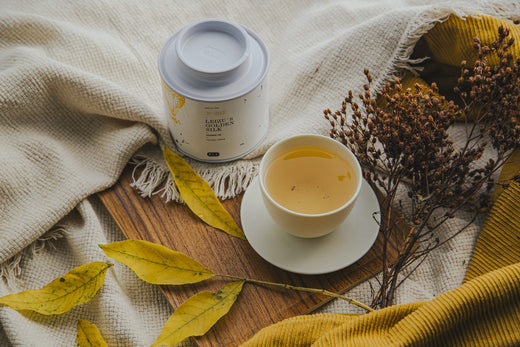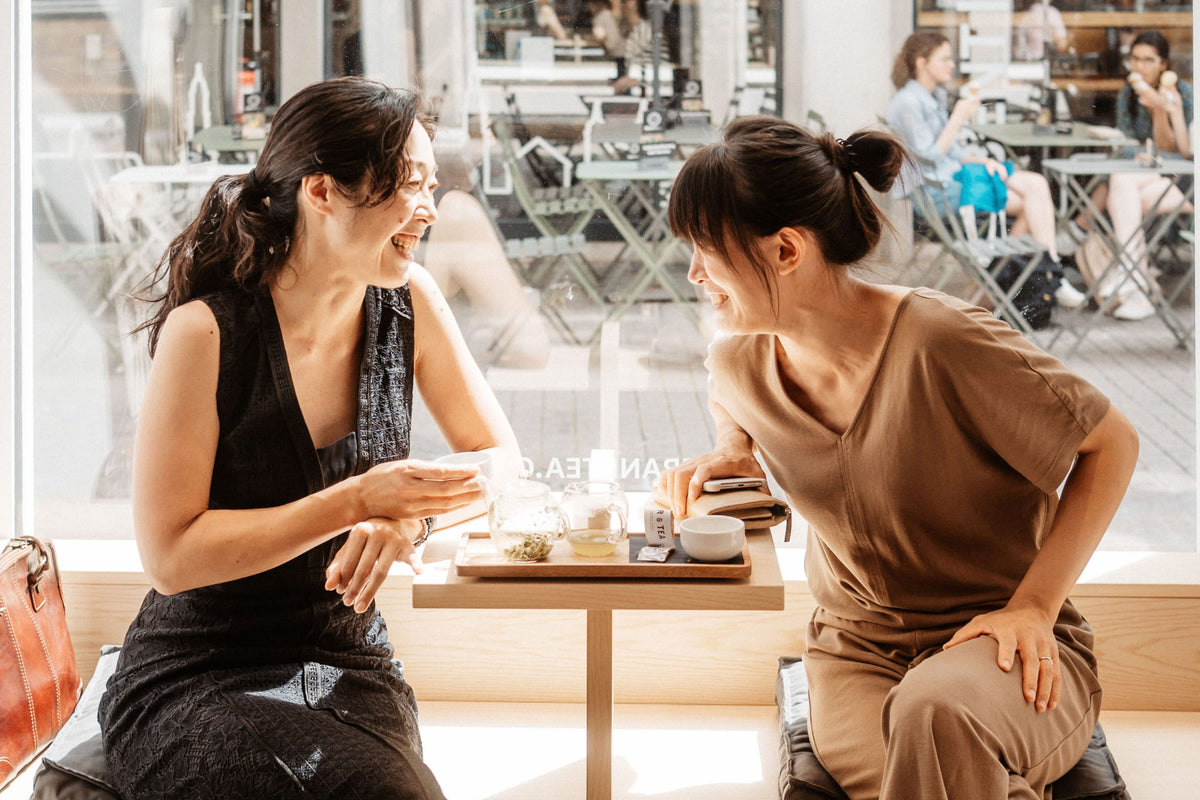do you favour?
for your
tea moment

Origins Collection
Premium whole leaf and herbal teas
From the best
tea regions
Whole tea leaves
Pure flavor
Responsible
production
Our Guide to Oolong - Freshly Brewed by PAPER & TEA
It is a true gem among teas, enchanting everyone. Its exquisite taste takes you on a journey to the misty mountains of China and Taiwan, where rolled masterpieces are created through a complex process. On the spectrum of all diverse tea types, Oolong fits between fresh green tea and strong black tea. Join us in discovering the exciting secrets surrounding Oolong tea, its dazzling variety of flavors, the right preparation, and how a sip opens up a whole new world full of stories and enjoyment.
Our Guide to Oolong - Freshly Brewed by PAPER & TEA
It is a true gem among teas, enchanting everyone. Its exquisite taste takes you on a journey to the misty mountains of China and Taiwan, where rolled masterpieces are created through a complex process. On the spectrum of all diverse tea types, Oolong fits between fresh green tea and strong black tea. Join us in discovering the exciting secrets surrounding Oolong tea, its dazzling variety of flavors, the right preparation, and how a sip opens up a whole new world full of stories and enjoyment.
Origin & History of Oolong
Black tea and green tea are familiar to most tea drinkers. Oolong, however, is less well-known in Europe. In China, Oolong tea embodies ancient tea traditions and is a tea type surrounded by numerous legends and mystical stories. During the Chinese tea ceremony, Oolong or Pu-Erh is most often brewed. The word "Oolong" in German means "black dragon." According to the legend, a tea farmer laid his tea leaves out to dry but was surprised by a dragon and fled. When he checked hours later, all the leaves had oxidized in the air. He was upset about the seemingly lost harvest but brewed it anyway and discovered that the partially oxidized tea tasted excellent. Additionally, Oolong is traditionally rolled, and the sight of the twisted tea leaves resembles Chinese depictions of dragons.
Originally from China, the production of Oolong spread to Taiwan in the 18th century. The country has since dedicated itself to the production of Oolong. The island of Taiwan surprises with ideal tropical conditions and many high mountains over 3000 meters tall. A high-quality tea is the so-called "High Mountain Tea," which is harvested in mountainous regions above 1000 meters. Oolong tea is in the DNA of Taiwan; over the last 200 years, modern, high-quality production of unique varieties has emerged through the skilled hands of experienced tea masters.
Discover a Diverse World Full of Flavors
A complex variety of flavors that takes you on fascinating adventurous journeys: this is what excites many tea connoisseurs about Oolongs. Their production is a play on the spectrum of oxidation. To intentionally break the cell structure, tea leaves are shaken on large trays. This accelerates oxidation. Depending on how long the tea leaves are exposed to air, Oolong tea leaves oxidize between 20% to 80%. The result: multifaceted flavors that reveal themselves with multiple infusions in your cup. Yes, you heard right: Multiple infusions are desired for Oolong! We’ll introduce you to a few varieties.
The Elegance of Tie Guan Yin Oolong
This Oolong variety, which smells of honey-sweet orchids, comes from the gentle hillside landscape of the famous tea-growing region Fujian in China and has been lovingly cultivated there for 200 years. Numerous legends surround this specialty. Named after a story about the mercy of a goddess, this popular Oolong grants you entry into the world of ancient Chinese tea traditions.
The Characterful Da Hong Pao Oolong
Da Hong Pao Oolong comes from the mist-covered Wuyi Mountains, a growing area in the Chinese province of Fujian that is highly regarded by tea connoisseurs for its fine Oolong specialties. As a dark Oolong, Da Hong Pao is highly sought after due to its strong taste.
Light as Spring: Si Ji Chun Oolong
The creamy-floral "Four Seasons of Spring" Oolong from Taiwan is made from tea leaves of the Si Ji Chun cultivar, lightly oxidized and processed. In Taiwanese, the name means "four seasons like spring," a reference to the fact that the harvest of this tea produces such a fresh, high-quality result year-round, much like a spring harvest.
The Softness of Dong Ding Oolong
This is an authentic Oolong tea from Taiwan that is very popular and has been grown in the high mountains for 150 years. Its notes of milk and caramel make it unmistakable.
Creamy-Milky Temptation: Jin Xuan Milky Oolong
A tea that flows down your throat as delicately creamy as milk: this is the special signature of Milky Oolong. Jin Xuan is the cultivar that was bred in Taiwan. Try this harmonious symphony of the gentle scent of fruit and the floral taste of orchids. Our Milky Oolong is harvested in the breathtaking forests of Thailand and creates true moments of surprise.
The Finesse of Oriental Beauty Oolong
The Bai Hao Oolong, also known as Oriental Beauty, shows its unmistakable splendor in a golden cup that smells of honey and citrus. Due to small bites from a native Taiwanese cricket, the oxidation of the tea leaves begins earlier, crowning this delicious beauty with white tips. This highly oxidized Oolong is a complex tea that reveals its aromatic layers with each infusion.
How to Brew the Perfect Oolong
In China, Oolong tea is brewed using the Asian Gong Fu Cha method. For this, you ideally need a Gaiwan, which is a handleless teacup with a lid, and a serving pot. If you don't have this equipment, you can brew your Oolong in the Western style. On every PAPER & TEA package, you will find our recommended steeping time and temperature. However, experimenting is highly encouraged so you can discover your perfect cup. The right preparation is crucial for the tea leaves to release their full flavor.
Gong Fu Cha: The Traditional Oolong Preparation
Oolong teas are either twisted or rolled during their production, which gives the tea leaves more volume than other teas. Multiple infusions are a must: with each one, Oolong reveals a new layer of diverse flavors. This is what makes the tea so fascinating and varied for tea lovers. In the Asian Gong Fu Cha method, you choose a high dose of tea leaves: the trick is not to let your Oolong tea steep for too long. A Gaiwan typically has a capacity of just 100 to 200 ml, making it ideal for multiple infusions. Each Oolong has a unique shape and volume, but as a rule of thumb, the Gaiwan bottom should be covered with tea leaves. After about 30 seconds, pour the tea into the glass serving pot while holding the lid of the Gaiwan with a finger. You'll see that with the second infusion, different complex flavor notes emerge compared to the first. Usually, the second infusion also results in a darker cup because the tea leaves have opened up more.
The Right Water Temperature & Steeping Time
When brewing Oolong, using water at the right temperature will have a big impact on the flavor. Since Oolongs are oxidized to varying degrees, there is no one-size-fits-all temperature. You can experiment between 80°C and 90°C. Depending on the temperature, it makes sense to warm the Gaiwan with hot water beforehand to prevent your drink from cooling too quickly. If you opt for the traditional Gong Fu Cha method, you barely let the leaves steep. In the Western method, your tea will be ready after 2-3 minutes.
Rituals for the Senses: Enjoying Oolong
Oolong tea is more than just a drink. A sip takes you to mysterious worlds full of legends and customs, showing you the beauty of things. Enjoying Oolong is an experience that touches your senses. With its incomparable fragrance and rich flavors, a cup of amber-colored tea invites you to dream.
Buy Oolong Tea at PAPER & TEA
Our carefully selected Oolong varieties offer you unforgettable taste experiences that enrich every tea moment. Try Gabacha, a roasted Oolong from China, which seduces with warm buttery aromas – the ideal drink for relaxing hours. The Oolong Four Seasons of Spring delights with a floral character and is a bestseller, unfolding harmonious notes of pudding and gardenias – perfect for fresh moments of enjoyment. Also discover Milk River, a finely creamy Oolong from northern Thailand, which impresses with its gentle scent. Or let yourself be seduced by the special sweetness of Oriental Beauty Oolong from Nantou, Taiwan. With a complex profile from menthol to honey, it offers a truly unique taste experience.
Whatever Oolong you choose, at PAPER & TEA, you'll find the ideal choice for luxurious enjoyment. Browse our selection and find your perfect Oolong tea.
Your Questions, Our Answers
FAQ about Oolong
Oolong tea is characterized by an exciting range of flavors that lie between the aromas of green and black tea. Depending on the variety, it can present floral notes, creamy nuances, or roasted flavors. Often, you’ll find elements like butter, pudding, orchids, or even menthol in the different Oolong varieties, offering a harmonious and complex taste experience.
The color of Oolong tea can vary depending on the level of oxidation and preparation. In general, the color ranges from light gold to amber to deep brown. These color nuances reflect the versatility and varying flavor characteristics of Oolong tea.
Oolong tea has its roots in China, where it has been appreciated for centuries, especially in the provinces of Fujian and Guangdong. Taiwan is also known for its high-quality Oolong teas, which thrive in the island’s elevated growing areas. Unique varieties are created here through the skilled craftsmanship of tea masters.
The steeping time of Oolong tea depends on the particular variety. Typically, it ranges from 30 seconds to 3 minutes. On every PAPER & TEA package, you will find specific recommendations for steeping time and temperature to ensure you can enjoy the full flavor.
Oolong tea is generally well-tolerated due to its mild nature and balanced caffeine content. However, it is recommended to pay attention to personal sensitivity. For most people, 2 to 4 cups per day is a pleasant amount to enjoy the benefits of the tea.
You can find Oolong tea in its best quality at PAPER & TEA. Browse our selection and discover the different Oolong varieties that are waiting for you to enjoy
PAPER & TEA Magazine
Oolong Tea & more
